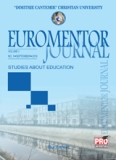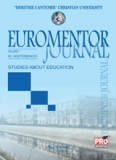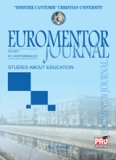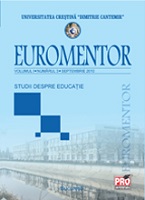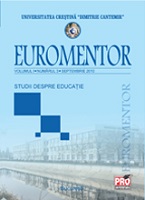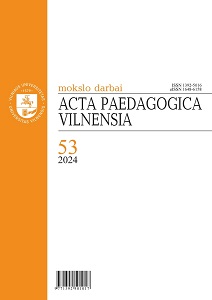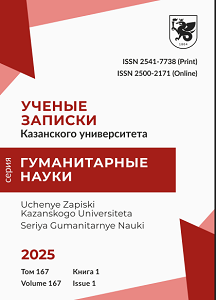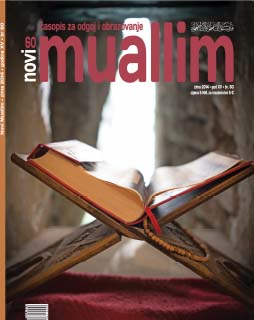
Studiranje arapskog jezika neodvojivo je od studiranja islamskih nauka
This article points to connections and mutual relations of the Arabic language and all its fields and Islamic studies that date back to the beginning of the revelation of the Qur’an, due to which Arabic language became an inseparable part of Islam in all its fields of studies. Thus Arabic linguistic studies have great significance in studying the Islamic studies, and Arabic language becomes one of the essential subjects in the Islamic education system. Keeping this in mind, this article also stresses upon the need for paying more attention to the Arabic linguistics, by introducing Arabic language with all its disciplines in our Islamic educational institutions.
More...
